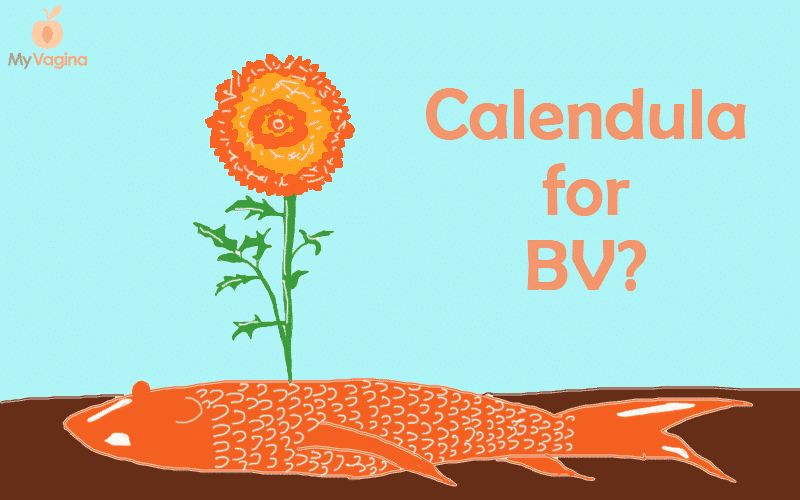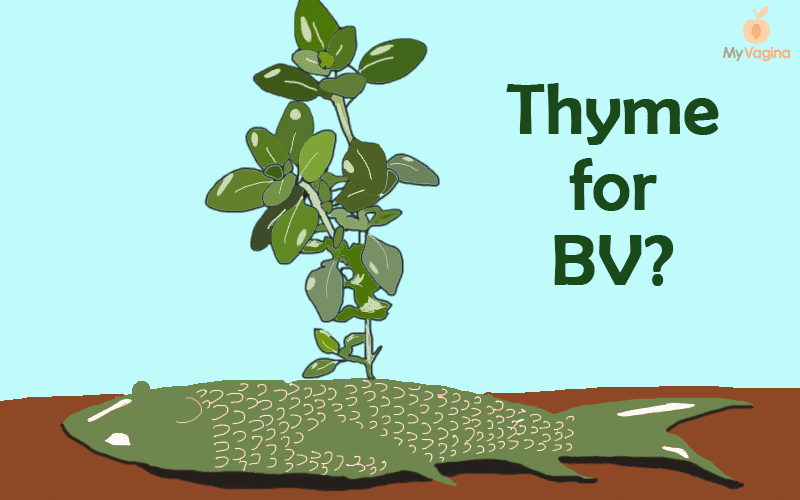Using herbal medicine to support women’s health is nothing new, and the same herbs used aeons ago are still used today. Finding the right herb for the job, however, can be tricky. We recommend visiting a trained, qualified, experienced herbalist for a tailored mixture just for you.
Having a professional is for safety as much as anything else – just because something comes from nature, doesn’t make it safe. There is plenty in nature that can kill you!1
Understanding that herbal medicine is a tool is important, just like drugs are tools. Drugs are usually derived from plants, but a drug (by patent law) must only have one active molecule.2
This singling out differs considerably from how a plant is constructed, with multiple active constituents. Plant constituents work in concert with one another in the body, unlike a drug, which tends to be very potent and work in only one way.
Some researchers have broken down herbs into their single constituents, only to find that the wonderful effect they had on us has disappeared, as the plant was harvested in the wrong season or other factors were in play. This effect can also apply to herbs grown only in certain areas. It’s important to have trusted, quality suppliers of herbal extracts to feel confident that they will work.
A natural medicine practitioner’s approach to vulvovaginal, pelvic and reproductive complaints
Natural medicine’s major underpinning is treating the person, not the disease. This requires us to understand implicitly that every part of our body and mind is connected to the other parts, as one single organism.
When you are given herbal medicine, we might not directly deal with the problem you came in with. This problem may be a symptom of a more significant problem that needs tackling.
When you get a herbal formula from your herbalist or experiment with herbs on your own, you have to carefully develop the herbal formula to suit the person in front of you.
A good example is if your neck pain is being caused by stress and anxiety, giving you tension headaches. A natural medicine practitioner may recommend a relaxation mix to help you sleep, give you some advice on how to modify your sleep routines in your favour, and send you to an osteopath to get adjusted.

We strive to approach a problem from multiple angles, since a vagina problem may be caused by something else.
A great example here is a dry, irritated vagina caused by low oestrogen in menopause. The low oestrogen can be modified using phyto-oestrogenic herbs and foods, and the dryness, until it resolves, can be managed using vaginal moisturisers.
You can’t know everything all the time, but you can see the importance of seeing a trained herbalist or natural medicine practitioner before trying to treat yourself.
You may not know what is wrong with you, because you are trained in other special areas! Being able to see what is wrong with us, personally, is not a skill even most herbalists or naturopaths have. It’s hard to see yourself objectively.
What is happening with your body and mind may be reasonably straightforward or highly complex. Please seek the care of qualified, experienced practitioners of any kind, and use herbs wisely!
We utilise herbal medicine in various aspects of medicine to exert an influence on tissue. Please consult your healthcare practitioner before using herbal medicine – just because it’s ‘natural’, doesn’t mean it’s safe.
Research into herbal medicine
There is plenty of new research coming out regarding herbal medicine and reproductive, vulvovaginal and hormonal issues.
We always need more; however, until we have plenty of significant research into natural medicine, it can’t be implemented into the mainstream as a way to treat.

Simple herbal medicine treatments for vulvovaginal complaints
- Oat baths for soothing vulvar itching
- Tea tree, as an antibacterial and antifungal – can be used for yeast infections or minor vulvovaginal infections (diluted), such as bacterial vaginosis (BV) 3
- Cranberry for preventing certain types of urinary tract infections4
- Making essential oil pessaries for vulvovaginal infections, discomfort and cuts/tears
Approaches a natural medicine practitioner may take to your vulvovaginal, reproductive or pelvic problems
Example: modifying hormones using herbal medicine
Some herbs and lifestyle choices are known to affect hormone production or balance. The effects of our choices can vary incredibly and be much more important than we think.
A good example is reducing circulating oestrogen (managing oestrogen excess). Oestrogen is removed via the bowel and liver, so having enough fibre in your diet alone can reduce oestrogen levels, along with taking liver-supporting herbs.5
Increasing the performance of your liver will increase the rate at which oestrogen is deactivated and removed from your body. It’s also known that eating a diet high in red meat changes your gut flora to favour the reintroduction of previously deactivated oestrogen!
We might also consider this from the opposite angle – trying to increase circulating oestrogen levels, perhaps in the later stages of perimenopause or postmenopause. This could include ensuring enough fibre for a healthy bowel motion, but not more, and limiting liver-stimulating herbs and supplements.
Herbs are amazing, but need to be used carefully and precisely for the best effect.
References
- 1.Ernst E. The efficacy of herbal medicine – an overview. Fundamemntal Clinical Pharma. Published online April 21, 2005:405-409. doi:10.1111/j.1472-8206.2005.00335.x
- 2.Chaughule RS, Barve RS. Role of herbal medicines in the treatment of infectious diseases. Vegetos. Published online January 18, 2023:41-51. doi:10.1007/s42535-022-00549-2
- 3.Mondello F. In vitro and in vivo activity of tea tree oil against azole-susceptible and -resistant human pathogenic yeasts. Journal of Antimicrobial Chemotherapy. Published online March 28, 2003:1223-1229. doi:10.1093/jac/dkg202
- 4.Vasileiou I, Katsargyris A, Theocharis S, Giaginis C. Current clinical status on the preventive effects of cranberry consumption against urinary tract infections. Nutrition Research. Published online August 2013:595-607. doi:10.1016/j.nutres.2013.05.018
- 5.Ezhilarasan D. Critical role of estrogen in the progression of chronic liver diseases. Hepatobiliary & Pancreatic Diseases International. Published online October 2020:429-434. doi:10.1016/j.hbpd.2020.03.011






